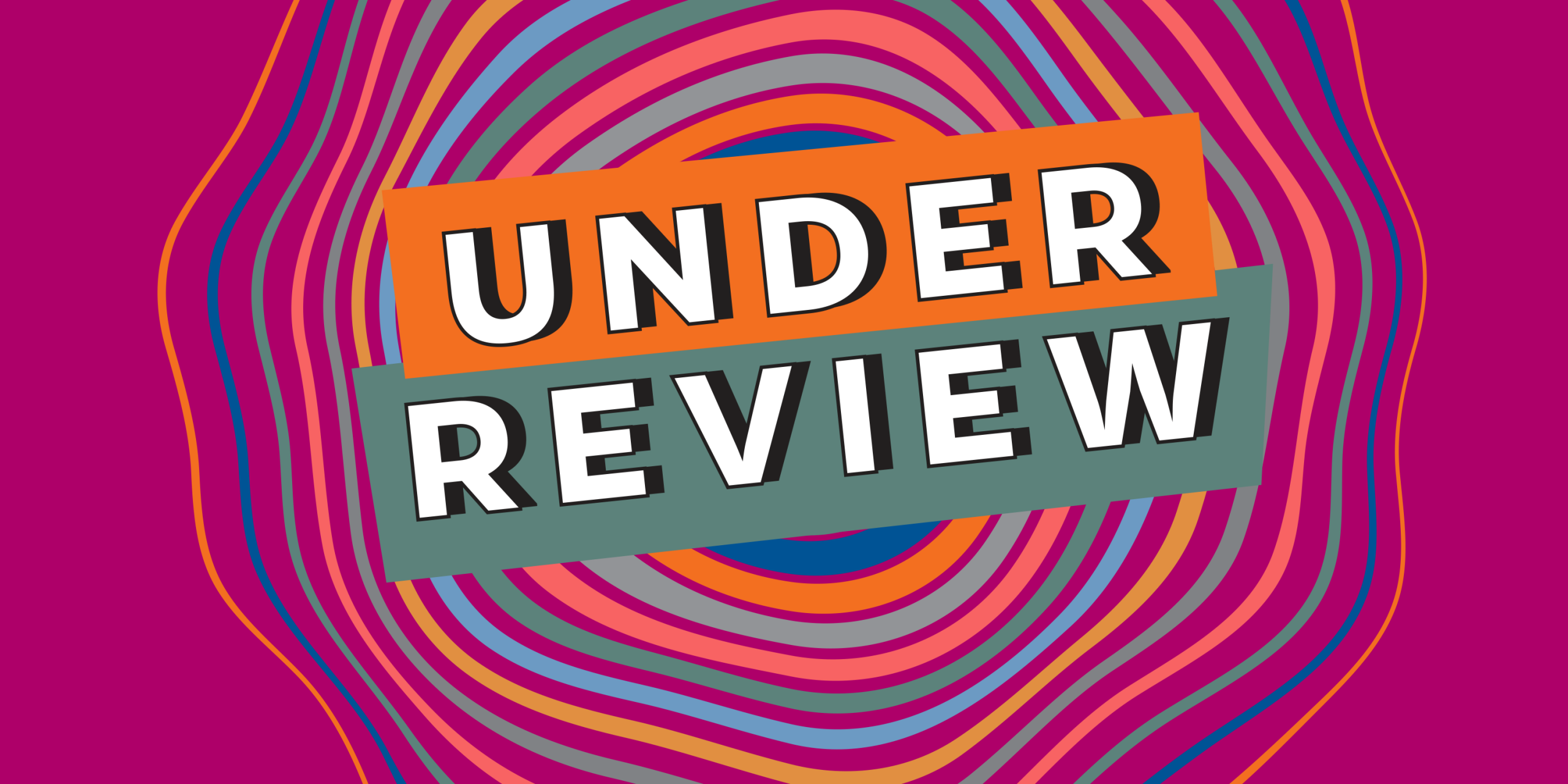The digital wave is sweeping the humanities, raising provocative new questions: Should podcasting count as a form of scholarship, and can the dissertation be other than a book-length monograph? In this episode, we visit the National Humanities Center’s virtual podcasting institute, where four PhD students (Lauren Cox, June Ke, Mirna Wasef, and Kevin Woram) met and collaborated on a podcast about digital intimacies during the 2020 lockdown. We caught up with them one year later. We also spoke with Andy Mink, Vice President of Education Programs at the National Humanities Center, about NHC’s programming for graduate students and the importance of interdisciplinary collaborations. Bonus: a meditative ASMR for graduate students.
Contact us at humanitiesunderreview@gmail.com.
Episode Resources:
- Lauren Cox, Wujun Ke, Mirna Wasef, Kevin Woram, “Pod.Cast.Zoom: Shifting Intimacies Under Covid”
- National Humanities Center, In Our Image: Artificial Intelligence and the Humanities, Podcasts
- National Humanities Center, Humanities In Class Digital Library
- Adrienne Maree Brown, Emergent Strategy: Shaping Change, Changing Worlds
- Humanities Podcast Network
Episode Takeaways :
- “My whole goal is to provide a structure and a network and an environmental laboratory, even for early career scholars for graduate students to have the support and the affirmation and the feedback to become leaders in their fields, period. And it doesn’t even quite matter to me what you wind up doing next, whether it’s a tenure track job somewhere, or teaching in an independent school or working in a museum….pretty quickly, it became clear to me that universities and PhD programs are designed with a really narrow set a guardrails so that you’re doing and experiencing exactly what you need to be a successful academic. But there’s all kinds of things outside of those guardrails that they can’t provide.”
- “One of the things we see from the graduate teaching learning project program is that when they do their projects together, we always match them, so that it’s interdisciplinary and between universities just like yours. For a philosopher and a literary scholar to be in conversation, maybe for the first time in a long time in the context of this project is often very illuminating. They both kind of realize how much they have in common and how very, very different they use language and logic and questioning to sort of unpack how they understand things. And that’s a real benefit. And being able to show that I think, in constructive and substantive ways would really help all humanists.”
- “The second thing is, and this came up a lot in the faculty program that we ran in June, is this idea: We talked about it with our graduate students, but the faculty were really interested in how to have public facing work like podcasting be evaluated as scholarship and therefore be counted towards their professional body of work. This isn’t it’s not just fun stuff you do on the side. This isn’t a hobby, this is like real, moving transformational work for a lot of people. And we had, you know, chairs and established scholars and past fellows and, you know, folks who have a little bit of clout who are really, I think, surprised by the value of podcasting. And then by extension, aware that it’s really not acknowledged, what would a podcast dissertation look like? What would a public-facing article or monograph look like?”
- “Any professional academic job at any level, community college, small liberal arts school, R1 school, K12 school district, whatever it is, there are so many skill sets required to do your job well, like managing budgets, working in a group, drawing consensus, explaining yourself to people who don’t have your training, delivering reports, meeting deadlines, like all that stuff that goes into things like project management, and working collaboratively with others to draw and reach consensus are things that most grad programs don’t emphasize. Which is why we started doing these group projects. If nothing else, do, you have to sit down with three other strangers and do something in a week. That’s a skill.”






